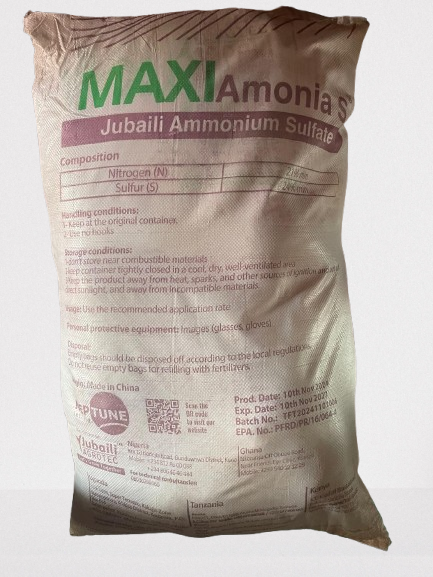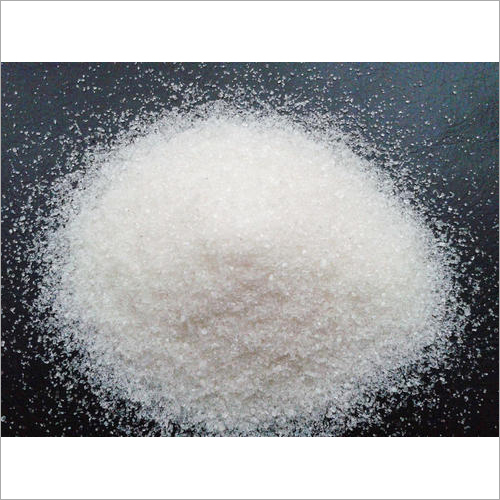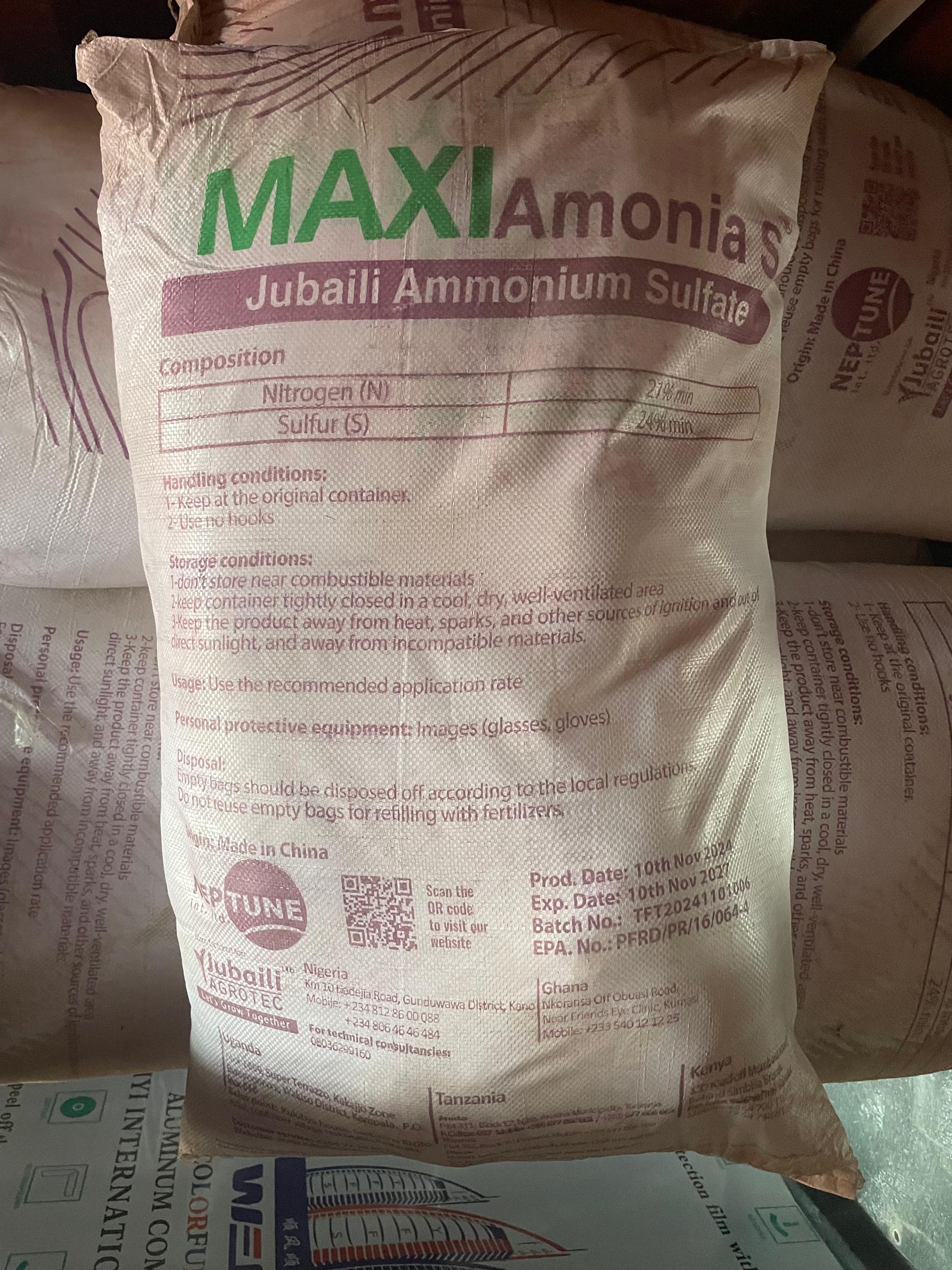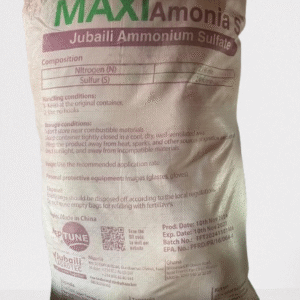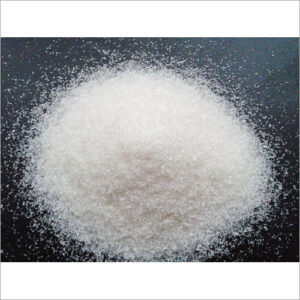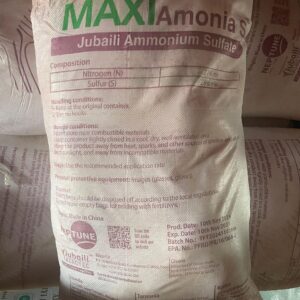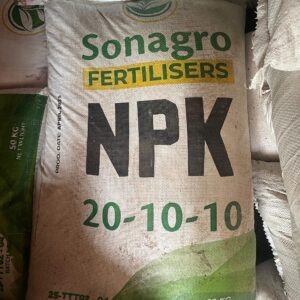Ammonium sulfate [(NH₄)₂SO₄] is an important nitrogen fertilizer used in agriculture.
🌾 Importance of Ammonium Sulfate on Crops
✅ 1. Source of Nitrogen (N)
-
Contains about 21% nitrogen.
-
Nitrogen is essential for vegetative growth, leaf development, and chlorophyll formation.
-
Boosts photosynthesis, leading to higher yields and greener, healthier plants.
✅ 2. Source of Sulfur (S)
-
Contains about 24% sulfur.
-
Sulfur is vital for:
-
Protein synthesis
-
Enzyme function
-
Development of amino acids (like cysteine and methionine)
-
-
Especially important for oilseed crops, legumes, and onions which are sulfur-hungry.
✅ 3. Improves Crop Quality
-
Enhances protein content in cereals.
-
Improves flavor and aroma in crops like garlic and onions.
-
Aids in oil formation in oilseeds like mustard and canola.
✅ 4. Soil Acidification (Useful in Alkaline Soils)
-
Has an acidifying effect, which is helpful in high pH (alkaline) soils.
-
Helps improve nutrient availability in such soils (especially phosphorus and micronutrients).
✅ 5. Quickly Available Nutrients
-
Highly soluble, meaning plants can absorb it quickly.
-
Good for early season growth spurts when fast nitrogen is needed.
🌍 Suitable Crops for Ammonium Sulfate
-
Cereals (wheat, maize, rice)
-
Legumes (soybean, groundnut)
-
Vegetables (onion, garlic, cabbage)
-
Oilseeds (canola, mustard)
-
Fruit trees in alkaline soils
⚠️ Important Considerations
-
Not suitable for acidic soils – can worsen soil acidity over time.
-
Avoid overuse – can lead to nitrate leaching and soil acidification.

